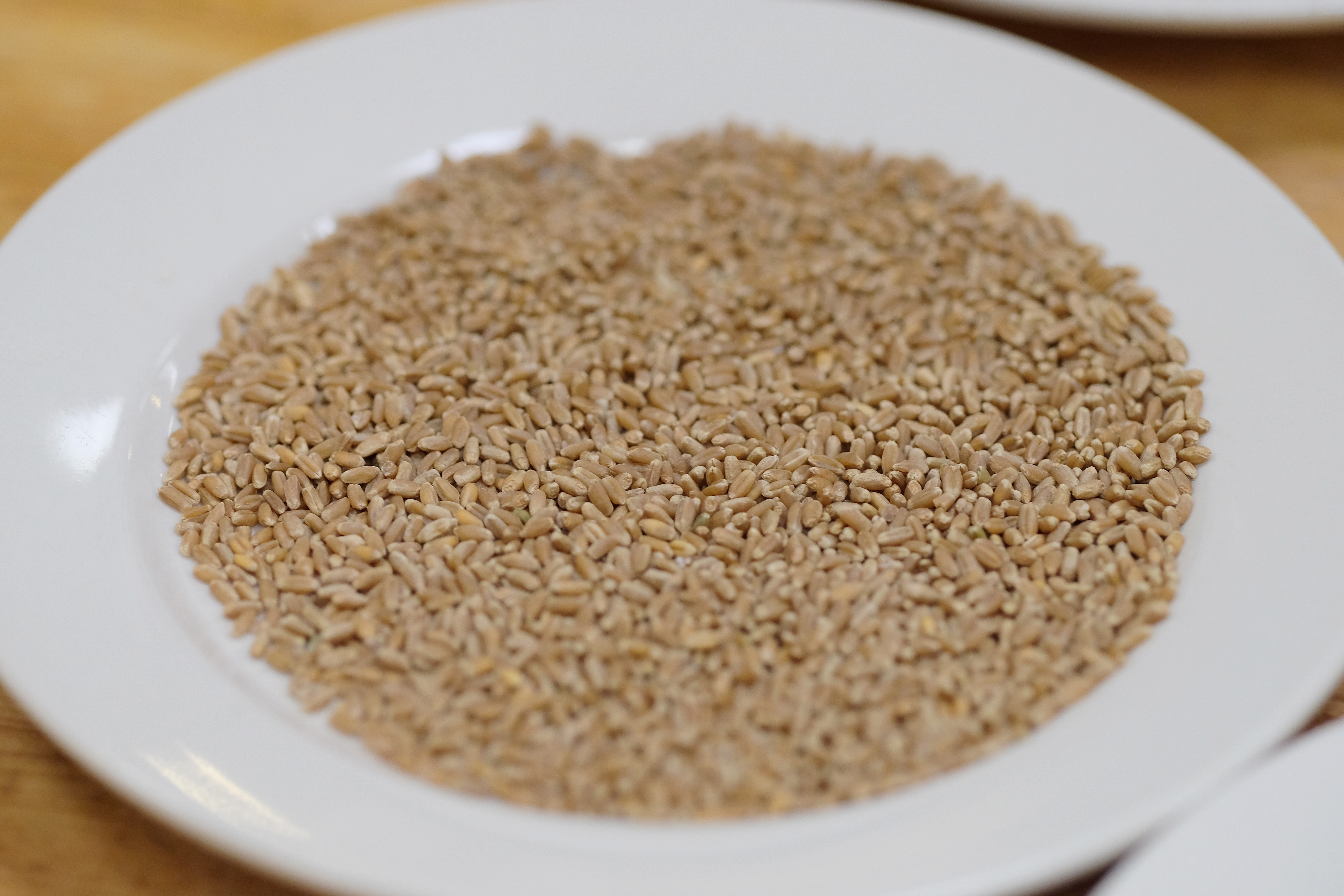
WASHINGTON, United States (AFP) — A diet that includes three daily servings of whole grains appears to help people live longer, including by reducing the rates of death from heart disease and cancer, according to findings released Monday.
For each 16-gram serving of whole grains, public health researchers at Harvard University noted a seven percent decrease in overall risk of death, including a nine percent decline in risk of heart disease death and five percent decline in risk of cancer-related death.
Upping whole grain intake to three servings per day, or 48 grams, brought about a 20 percent drop in overall risk of death, including a 25 percent decline in risk of heart disease death and 14 percent decline in risk of cancer-related death.
For their research, scientists analyzed results of more than 12 previous studies conducted between 1970 and 2010 in the United States, Britain and Scandinavian countries, involving 786,076 male and female participants.
“These findings further support current dietary guidelines that recommend at least three daily servings (or 48 grams) of whole grains to improve long-term health and prevent premature death,” senior author Qi Sun of Harvard’s Department of Nutrition said in a statement.
He warned against popular low-carbohydrate diets that ignore the benefits of whole grains, saying they should be “adopted with caution” because they may be linked to higher risk of heart disease and death.
Whole grains include foods such as whole wheat, oats, brown rice and quinoa. They contain fiber, which may improve cholesterol levels and lower the risk of heart disease, stroke, obesity and type two diabetes.
Whole grains also provide nutrients like B vitamins and minerals that are lost during the refining process.
The American Heart Association recommends a diet rich in fruit and vegetables, and says least half of grain consumption should be whole grains.
Among the participants in the combined studies, there was a total of 97,867 deaths, including 23,597 deaths from cardiovascular disease and 37,492 deaths from cancer.
The study was published online in Circulation, the journal of the American Heart Association.
js-acb/oh
© 1994-2016 Agence France-Presse







